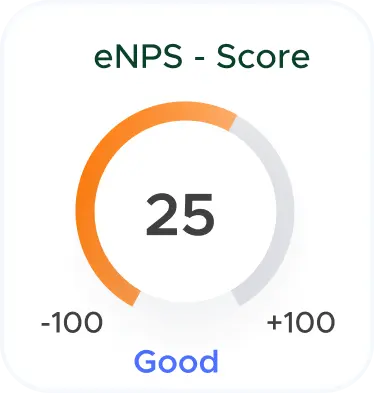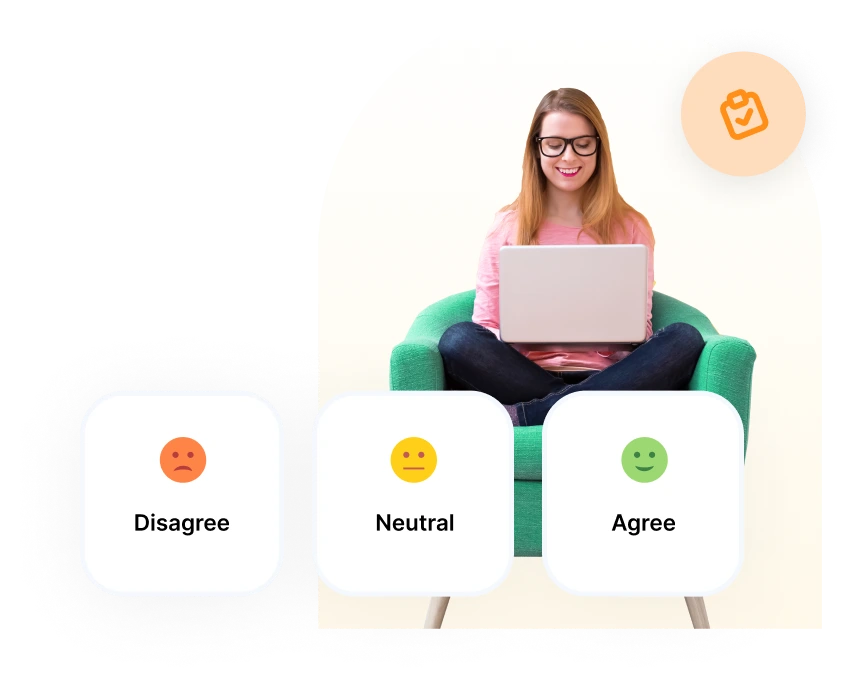The Non-Disclosure Agreement, commonly known as an NDA, serves as a legally binding contract between parties to protect confidential information shared during a business relationship or transaction. It ensures that sensitive information remains confidential and is not disclosed to third parties without authorization.
What is a non-disclosure agreement?
A non-disclosure agreement (NDA) is a legal contract between at least two parties that outlines confidential material, knowledge, or information that the parties wish to share with one another for certain purposes, but wish to restrict access to or by third parties.
What is the purpose of a non-disclosure agreement?
The purpose of a non-disclosure agreement is to protect sensitive information, trade secrets, or proprietary information from being disclosed to unauthorized parties. It establishes a confidential relationship between the parties involved and imposes restrictions on the use and dissemination of the confidential information.
What happens if you break a non-disclosure agreement?
Breaking a non-disclosure agreement can result in legal consequences, including lawsuits for breach of contract and potential damages. The severity of the consequences depends on the terms of the agreement, the nature of the breach, and applicable laws.
What is a non-disclosure agreement form?
A non-disclosure agreement form is a template or standardized document that provides a framework for creating a non-disclosure agreement. These forms typically include blanks or fillable fields where parties can insert specific details relevant to their agreement.
What are the elements about NDA?
The elements about NDA are:
- Confidential information: This refers to any data, knowledge, or information disclosed by the Disclosing Party to the Receiving Party that is deemed confidential and not publicly available.
- Receiving party: The individual or entity that receives the confidential information from the Disclosing Party and agrees to abide by the terms of the NDA.
- Disclosing party: The individual or entity that shares confidential information with the Receiving Party under the terms of the NDA.
- Permitted disclosures: Circumstances under which the Receiving Party is allowed to disclose confidential information as specified within the agreement.
- Parties involved: The parties involved in an NDA typically include the Disclosing Party, who reveals confidential information, and the Receiving Party, who gains access to this information.
- Scope of the agreement: The scope of the NDA outlines what information is considered confidential and the obligations of both parties to protect and refrain from disclosing such information.

.svg)













.svg)



.svg)
.svg)